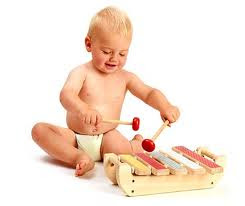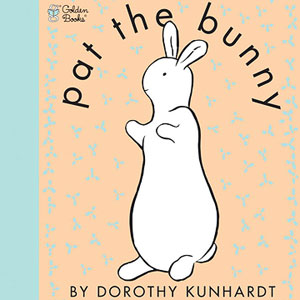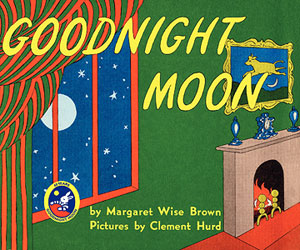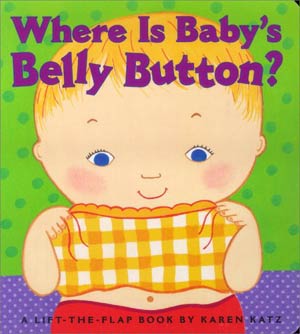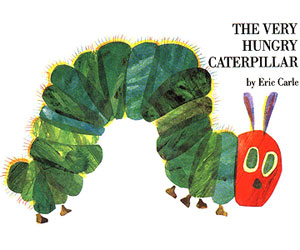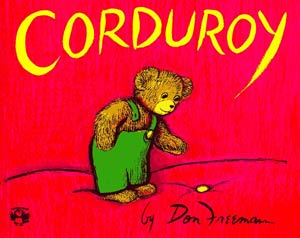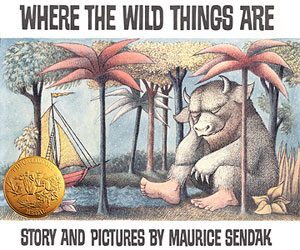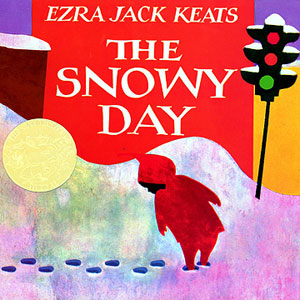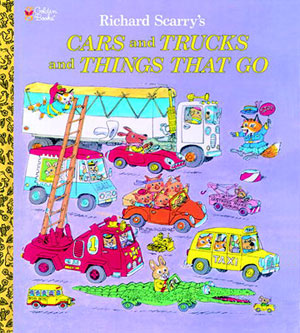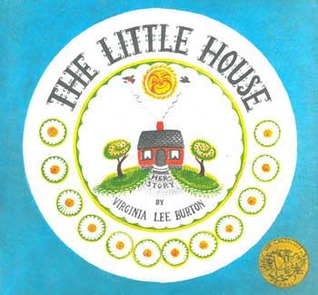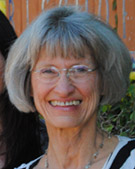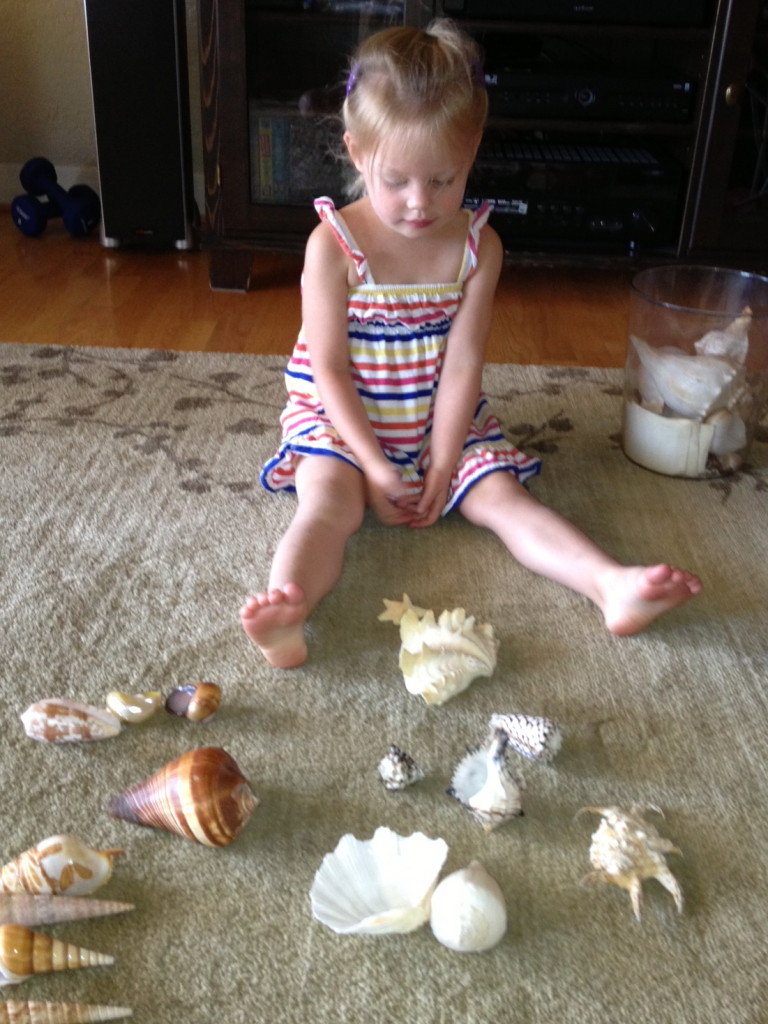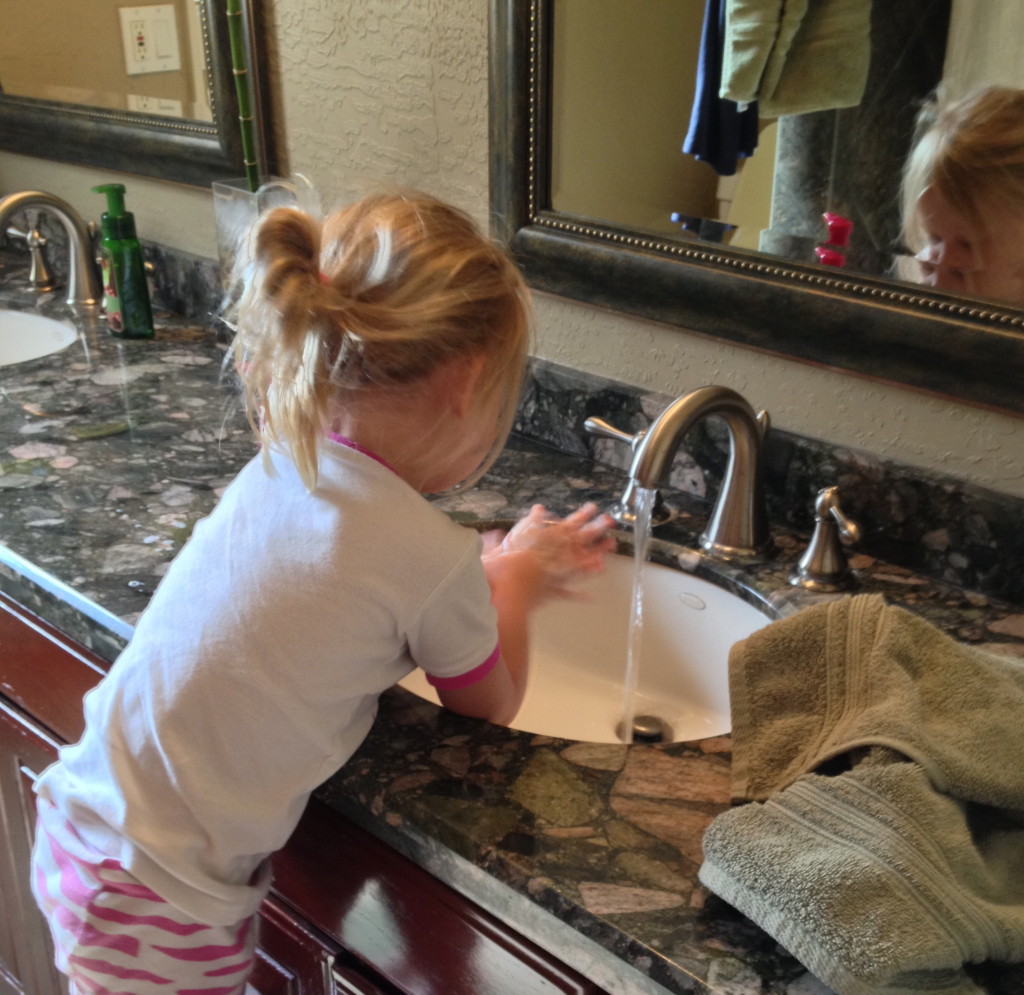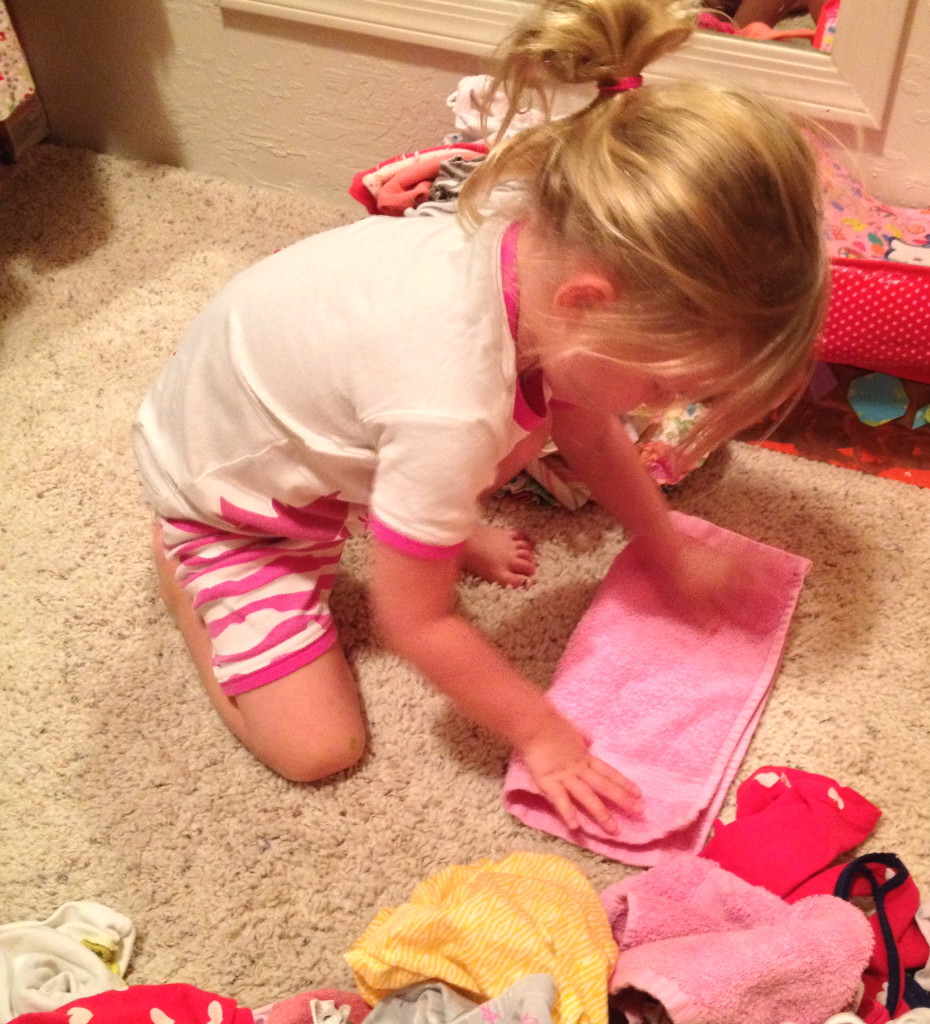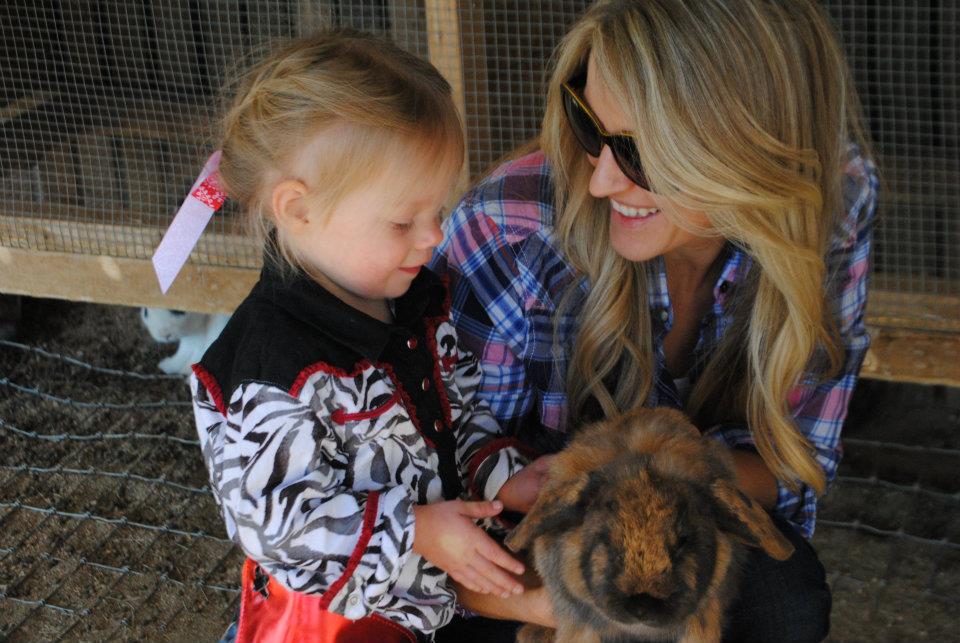CHILDRN ARE BORN MUSIC-MAKERS: Hard Wired for Music
Research shows that musical training affects brain development in young children. Children are hard wired from birth for many things: language, physical development, social-emotional skills and . . . music.
Children are born music makers! Children are born to sing and move; infants even as young as a few months of age can show rhythmic and tonal responses to music. Babies will often coo or sound on the resting tone of a song (usually the last note). Toddlers can bounce to the beat and preschool age children can learn entire songs. If this is so, why do we have such a large amount of adults who do not feel comfortable singing “Happy Birthday” or dancing in public? The answer lies in a child’s early childhood years.
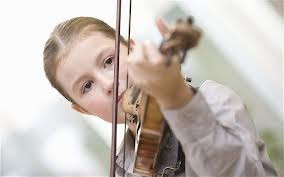
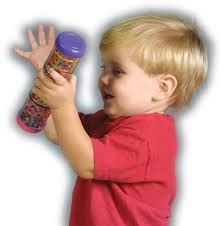
Little musicians need to be musically nurtured to develop their potential. Musical training to benefit the brain later in life
How do I nurture this inborn music in my child? Many parents are worried that they themselves are not musical and might destroy their little one’s possibilities of being a confident music maker. Actually the very opposite is true. A child gets his disposition to be a music maker by seeing the grown ups in his life joyously make music. If your child sees you having a blast singing and cutting up the rug, they will see it is safe and they may even imitate you. Parents are the best music models for their children!
Ways to nurture your child musically.

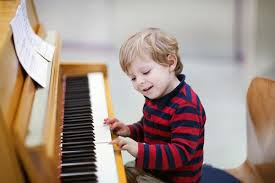
- Sing, sing, sing! Sing in the car with the radio, make up songs (or change the words to familiar songs) about whatever you are doing with your little one, changing diaper, going to the store, eating some broccoli. Lullaby time can be the most precious time, singing your child off to sleep with love.
- Dance, dance, dance! Put on your favorite dance music and move your bodies. It’s fun to invite friends over and dance together. While playing a CD in the car is a good, your child is buckled in tight and can’t get the large movement experience that is important for rhythm development.
- Play, play, play! Get out the pots and pans and have a jam session to some fun and inspiring music that you enjoy. Wooden spoons on plastic bowls and shakers of dried beans in a sealed up water bottle can make some interesting sounds for children experiment with. Children benefit by having different sensory experiences of tapping, shaking and scraping.
